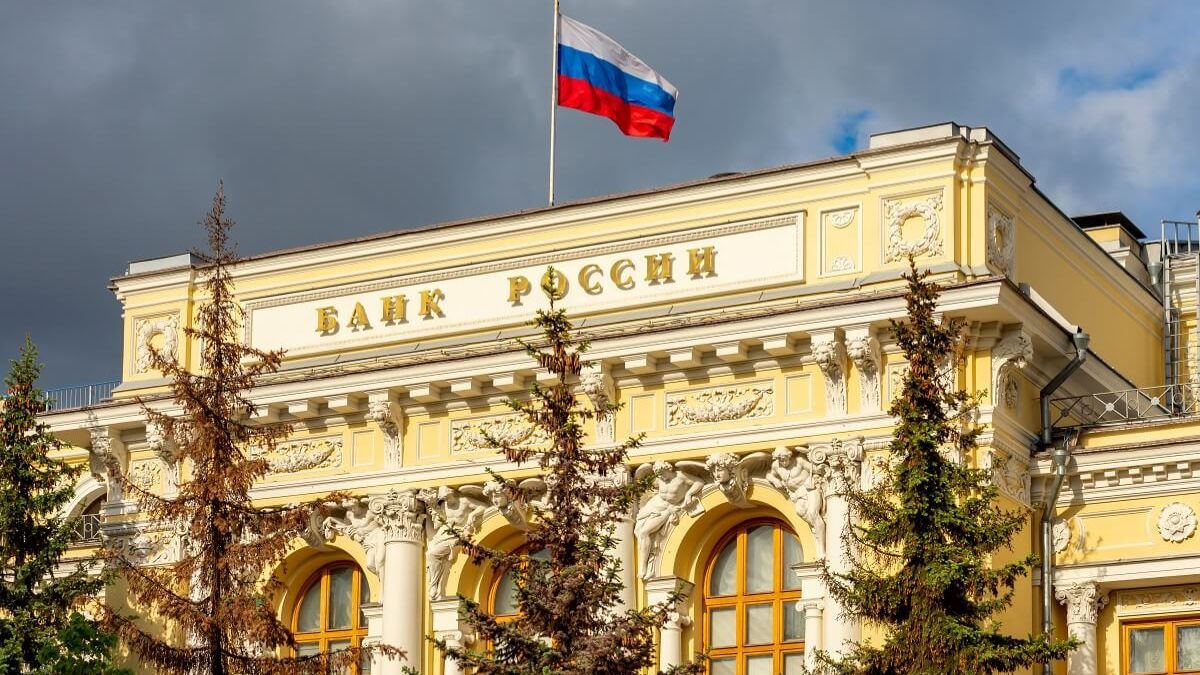Russia’s recent decision to freeze the assets of two prominent U.S. banks—JP Morgan Chase and BNY Mellon—has sent shockwaves through the global financial community. This move, rooted in ongoing geopolitical conflicts, signals a deterioration in the already strained relationship between Russia and Western financial institutions. Understanding its broader implications requires examining its impact on global banking relations and the potential economic fallout.
A Strategic Response to Western Sanctions
The asset freeze can be seen as a retaliatory measure in response to the heavy sanctions imposed on Russia by the U.S. and its allies due to the Ukraine conflict. As sanctions continue to bite, Russia has increasingly sought ways to mitigate their impact, and targeting U.S. financial institutions is a clear escalation. The court’s decision suggests that Russia may be willing to employ drastic measures to counteract the financial constraints it faces.
This action also highlights the growing divide between Russia and the global financial system, which has been dominated by Western institutions for decades. If these trends persist, it may push Russia further toward developing its financial infrastructure outside the traditional Western banking system.
Implications for Global Banking and Trade
The freeze has significant implications for global banking relations. For starters, U.S. banks with exposure to Russian clients or assets may need to reassess their risk strategies. This could lead to decreased investment in Russian markets, further isolating the Russian economy. Meanwhile, other non-Western nations might reconsider their reliance on Western banking institutions for fear of similar actions in the future.
The freeze could also strain trade relations between Russia and countries reliant on U.S. financial institutions for transactions. Companies conducting business in Russia may find it increasingly difficult to facilitate payments, potentially leading to a slowdown in trade activities.
A Shift Toward Alternative Financial Systems?
In response to this financial freeze and ongoing sanctions, Russia may further accelerate its pivot toward alternative financial networks. This could include strengthening ties with countries like China and exploring new payment systems independent of the U.S. dollar, such as the Chinese yuan or digital currencies. Such a shift would have long-lasting effects on the global financial order and potentially diminish the dominance of Western banking institutions.


